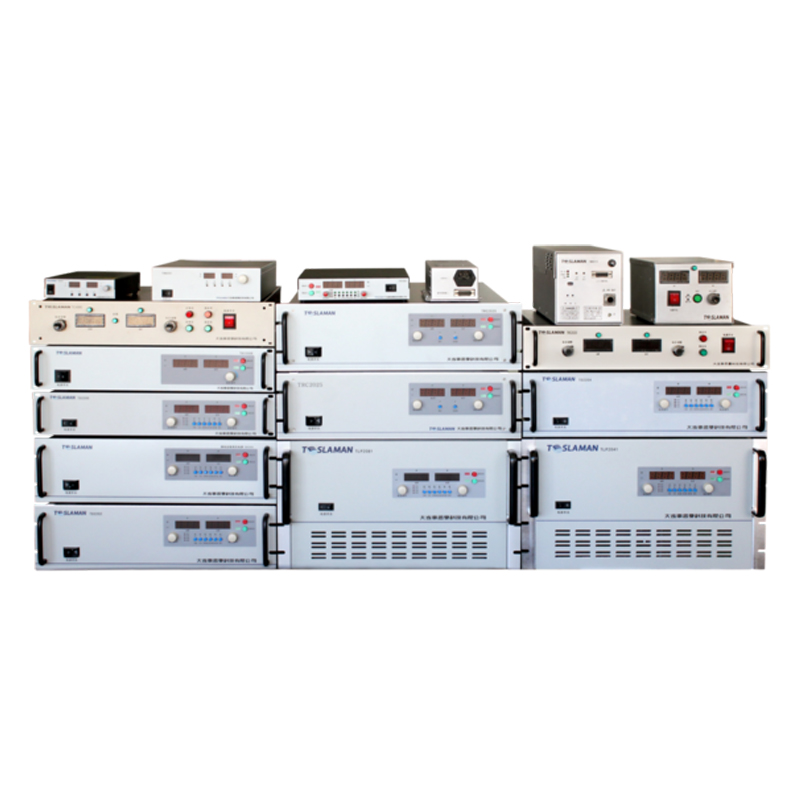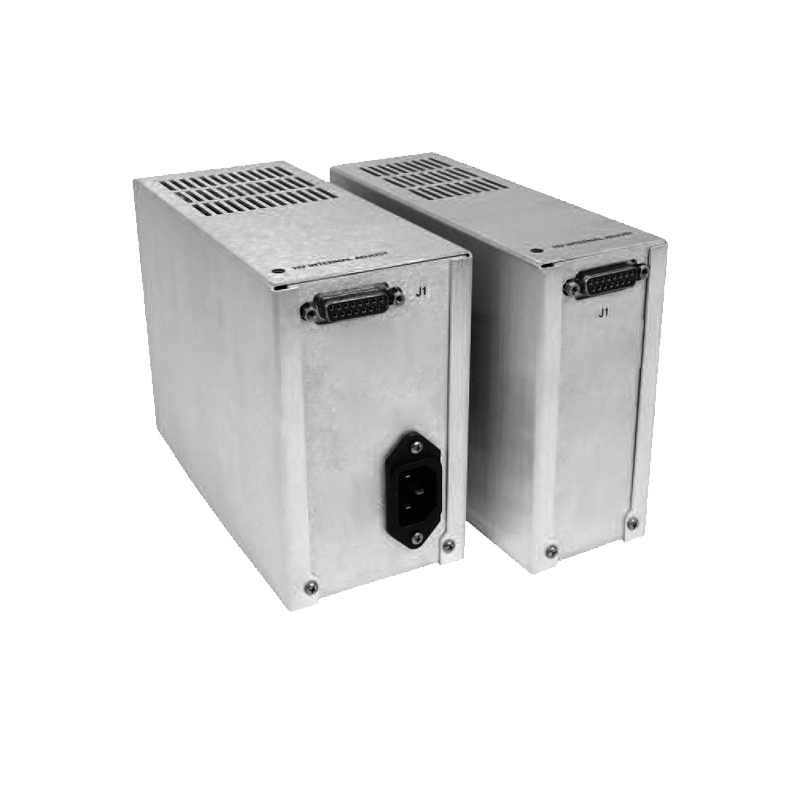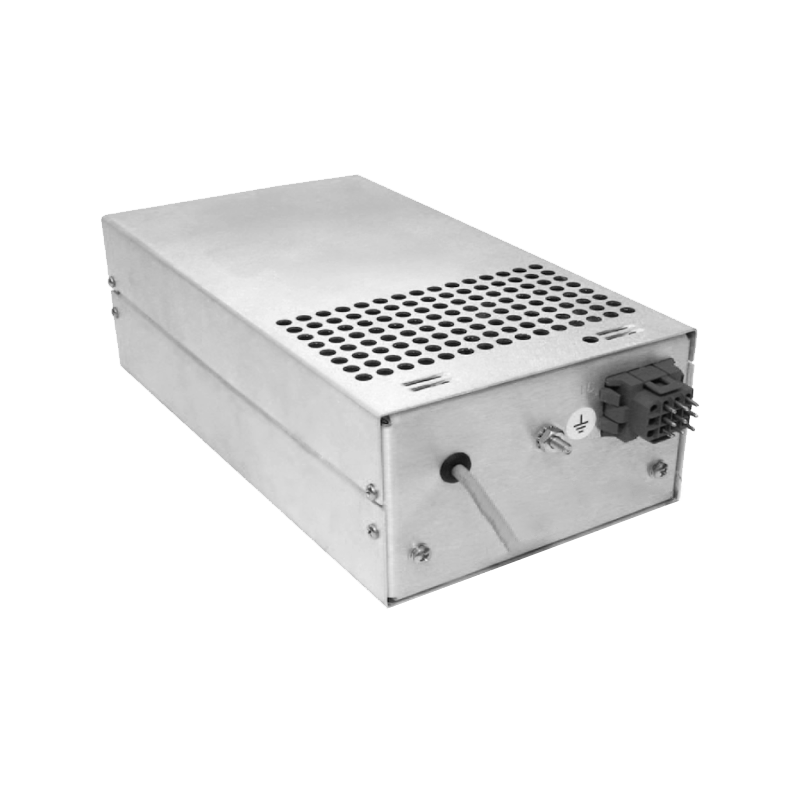Adaptive Control of High-Voltage Power Supplies for Semiconductor Testing: Technological Breakthroughs and Application Keys
In the current booming semiconductor industry, semiconductor testing, as a crucial link in ensuring the quality and performance of chips, imposes stringent requirements on high-voltage power supplies. And adaptive control technology is emerging as the core driver, reshaping the application landscape of high-voltage power supplies in the field of semiconductor testing.
Semiconductor testing encompasses multiple stages, from wafer testing in the initial stage of chip manufacturing to final package testing. Different test items and chip types demand a precise and stable high-voltage power supply environment. Traditional high-voltage power supplies often reveal numerous shortcomings when faced with complex and variable testing requirements. For example, during the high-voltage tolerance testing of power chips, due to the frequent and instantaneous changes in the chip operating conditions throughout the testing process, a high-voltage power supply with fixed output parameters cannot adapt in a timely manner. This easily leads to deviations in test results and may even cause irreversible damage to the chips due to overvoltage or undervoltage, significantly reducing the yield.
The introduction of adaptive control technology offers solutions to these problems. Its core lies in constructing an intelligent closed-loop system that can real-time sense the changes in the internal state of the testing system and promptly and automatically adjust the output parameters of high-voltage power supply. Firstly, a high-precision sensor network is distributed throughout the entire test circuit to collect key physical quantities in real-time, such as current, voltage, temperature, and chip impedance. Taking the current sensor as an example, with a resolution at the picoampere level, it can sensitively capture the subtle current fluctuations when the chip switches between different operating modes, providing accurate first-hand data for subsequent control decisions.
Based on the collected data, advanced control algorithms quickly initiate calculations. The fuzzy logic control algorithm demonstrates unique advantages in the adaptive control of high-voltage power supplies for semiconductor testing. It does not rely on an exact mathematical model but can quickly infer appropriate power supply output adjustment strategies based on the fuzzy information transmitted by the sensors, such as “slightly high current” and “relatively high temperature”. When it detects that the temperature of the chip rises during a long-term high-voltage stress test, this algorithm immediately commands the power supply to moderately reduce the output voltage to prevent failure caused by overheating while ensuring that the test electric field strength still satisfies the minimum requirements to guarantee test accuracy.
In the actual semiconductor burn-in testing scenario, a large number of chips are simultaneously in a powered-on testing state, and the overall load exhibits dynamic changes. The adaptive-controlled high-voltage power supply is like an intelligent butler, constantly monitoring load fluctuations. As the burn-in process progresses and the equivalent resistance of the chips changes, the power supply can dynamically adjust the output current based on real-time feedback, always providing stable and suitable high-voltage excitation for the chips to ensure that the burn-in test results truly reflect the long-term reliability of the chips and avoid misjudgments caused by unstable power supply.
In addition, adaptive control makes a significant contribution to improving test efficiency. In the testing of complex mixed-signal chips, the functional modules switch frequently, and the power supply voltage requirements change within a nanosecond timescale. The adaptive high-voltage power supply, by virtue of its rapid response characteristics, seamlessly switches between different voltage output levels, compressing the delay during traditional power supply switching from the microsecond level to the nanosecond level, greatly shortening the test cycle of a single chip. On a large-scale mass production test line, over time, it can substantially increase production capacity.
However, achieving adaptive control of high-voltage power supplies for semiconductor testing is not without challenges. The optimization of control algorithms needs to balance computational complexity and real-time performance to prevent response lags caused by excessive computation. The long-term stability and calibration accuracy maintenance of sensors are also challenges, as small measurement deviations may accumulate over time and lead to severe control deviations. Nevertheless, with the continuous iteration of electronic technology and algorithm theories, the adaptive control of high-voltage power supplies for semiconductor testing will surely reach new heights, injecting powerful momentum into the high-quality development of the chip industry and consolidating the cornerstone position of semiconductor products in the global technological wave.




















